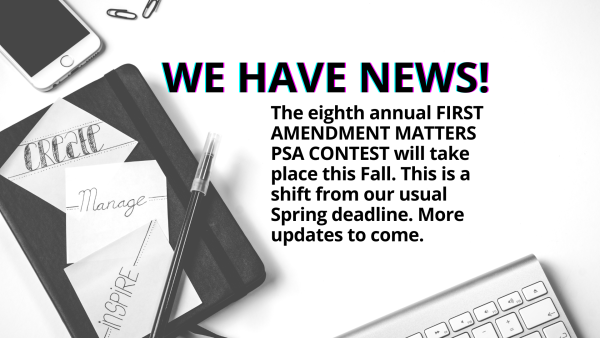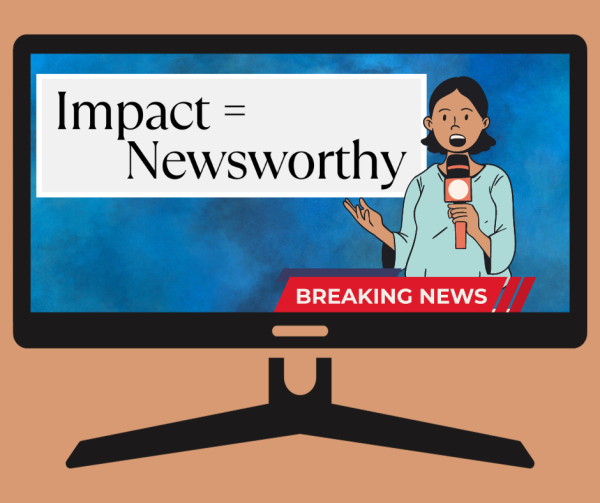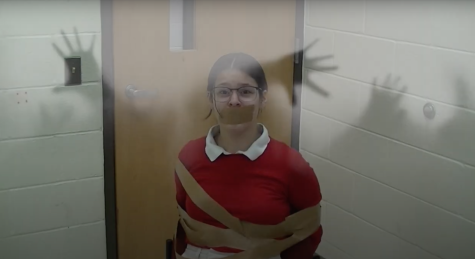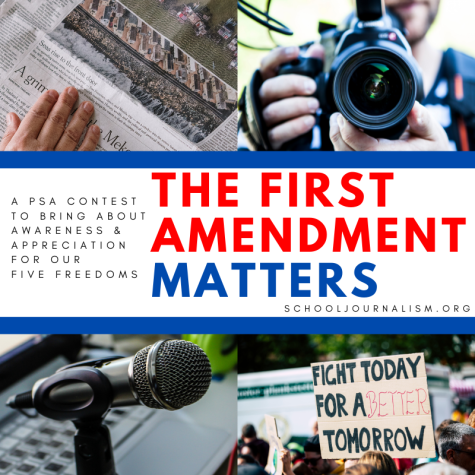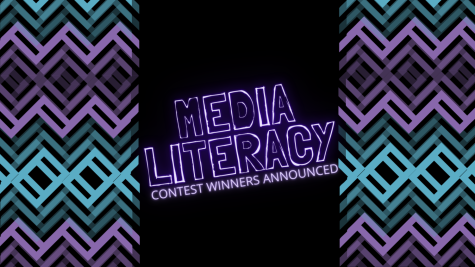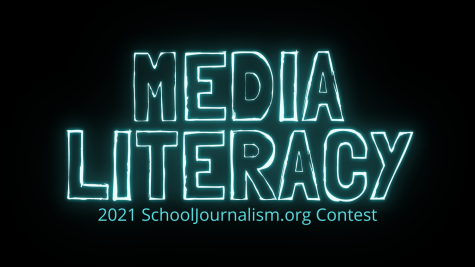Scholastic journalism organizations provide network of support
The resources that scholastic journalism organizations offer are invaluable in fostering growth and improvement for advisers and their staffs even when student media budgets are tight. Here’s a quick rundown of the benefits offered by the Columbia Scholastic Press Association, the Journalism Education Association, the National Scholastic Press Association and Quill and Scroll:
Columbia Scholastic Press Association
CSPA is an international student press association whose goal is to unite student journalists and faculty advisers at schools and colleges through educational conferences, idea exchanges, textbooks, critiques and award programs.
Membership is per publication, not by school, and is offered for print publications or digital media. Publications can join at one of three membership levels, with fees ranging from $170 to $270.
The three major benefits offered by CSPA are the Medalist Critiques, Crown Awards and Gold Circle Awards.
The Medalist Critiques contain a written set of standards developed by CSPA to itemize the best practices for student media. An adviser-judge reads the print or online publication and analyzes its strengths and weaknesses as described by the critique. The judge writes out comments and makes constructive suggestions for building on current strengths and correcting deficiencies noted in the critique.
Crown Awards are the highest recognition given by CSPA to a student print or digital medium for overall excellence. A panel of Crown judges assembles each year at Columbia University to view all entrants, whether they are newspaper, magazines, yearbooks or online media. Both Gold Crown Awards and Silver Crown Awards are given each year.
Gold Circle Awards are offered to recognize superior work by student journalists usually as individuals but sometimes as an entire staff working with either print or online media.
CSPA also offers a spring convention, fall conference and summer workshops.
Edmund J. Sullivan was named director of CSPA in 1981.
Journalism Education Association
JEA is the largest scholastic journalism organization for teachers and advisers and, along with NSPA, sponsors the spring and fall National High School Journalism conventions. These events offer a variety of learning sessions for students and teachers, as well as on-site contests.
JEA also offers a summer Advisers Institute and national certification for teaching high school journalism.
Kelly Furnas, the executive director of JEA, said JEA’s community is one quality that makes it special.
“Our members themselves are also our greatest benefit of membership because they pay forward all of the support and resources they receive from others,” Furnas said. “We’ve tried to institutionalize some of that with our JEAHELP email distribution list, curriculum, conventions, magazine, mentoring, online resources and censorship response teams. Even beyond that, however, our members are always willing to provide the personalized, tailored support to help another teacher in need.”
Another resource JEA offers to teachers is its comprehensive journalism curriculum, containing lesson plans covering 11 content areas. Teachers can access the lesson plants through JEA’s website using their membership credentials.
Through its various award programs, JEA recognizes students, educators and professionals who make significant contributions to scholastic journalism.
Teacher and adviser membership dues are $60 annually and come with subscriptions to JEA’s quarterly journal, Communication: Journalism Education Today, and the Student Press Law Center Report.
National Scholastic Press Association
NSPA is an organization dedicated to providing resources to improve secondary school publications. In addition to co-sponsoring the spring and fall National High School Journalism conventions, NSPA offers contests, scholarships and a critique service.
NSPA membership is by publication, not by school or adviser. When a publication joins, all student and adviser members of that publication are members for one year.
Membership is offered at two levels, and dues are $109 or $189. A reduced rate of $59 is available to junior high and middle school publications, and a rate of $69 is available for student broadcasts.
Level One membership provides eligibility to enter NSPA’s Pacemaker contest for publications and individual contests for students, reduced rates for the national conventions, the book Best of the High School Press, and other resources and opportunities.
Diana Mitsu Klos is the executive director of NSPA.
Quill and Scroll
Quill and Scroll is an international honor society for high school journalists, and its primary mission is to recognize the excellent academic and journalistic achievements of these students.
Similar to National Honor Society, students are recommended for induction into Quill and Scroll Honor Society when their academic performance is either the cumulative grade-point average of at least the equivalent of a B or they are in the top third of their class academically, and they have made significant journalistic or media contributions.
Schools pay a one-time membership fee to become a Quill and Scroll charter school. There is no annual renewal fee. Any media or journalism teacher at a member school may nominate qualified students for membership in the honor society.
Student memberships are $25 each and include certificates, a membership pin and a one-year subscription to Quill & Scroll magazine. Similar to school memberships, once students join, they are members for life.
In addition to the honor society, Quill and Scroll offers publications and other resources for teachers and students to encourage excellence in scholastic journalism.
Signature resources are the Principal’s Guide to Scholastic Journalism, which is published by Quill and Scroll and sponsored by the American Society of News Editors, and the organization’s News Media Evaluation service, which includes an option for media staffs to self-assess their production practices and get feedback on them from evaluators. The evaluation is conducted over the summer, with feedback provided at the beginning of the school year to help staffs implement suggestions in their work. The evaluation is $75.
Vanessa Shelton is the executive director of Quill and Scroll.
For a list of these and other scholastic journalism organizations, including state associations, visit SchoolJournalism.org’s scholastic journalism organizations page.



